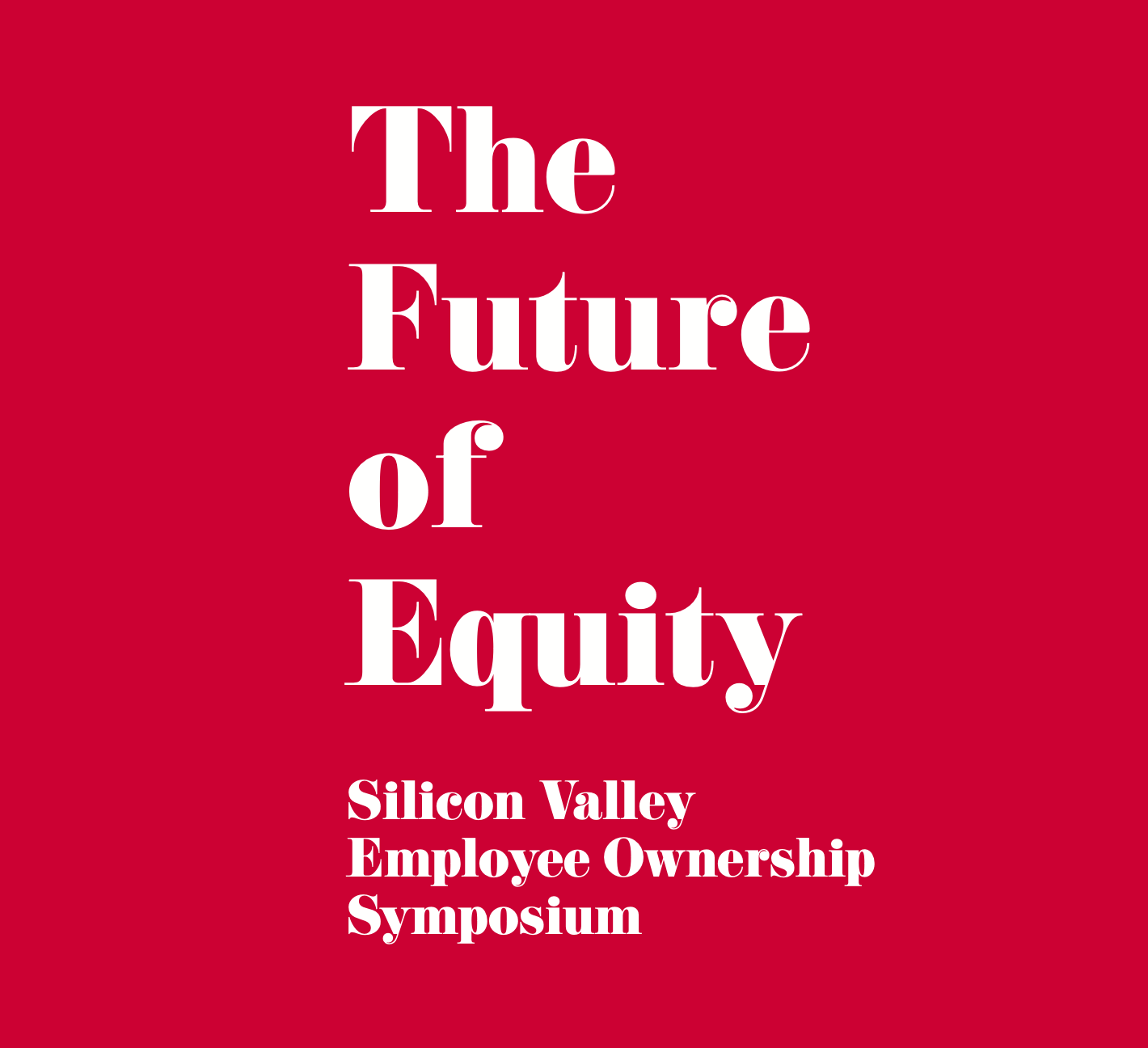Reporting Out
From the 2025 Future of Equity Symposium
Last month, the Rutgers Institute and Carta hosted their second Future of Equity: Silicon Valley Employee Ownership Symposium in Palo Alto. The event brings together advocates of employee stock ownership plans (ESOPs) and other forms of equity, including the kind of employee stock options that tech startups offer.
From longtime employee ownership advocate Adria Scharf:
“One highlight of the Future of Equity conference was the presentation of initial findings from a major ongoing study, “Employee Share Ownership, Management Practices, and Firm Outcomes in U.S. Manufacturing.” The study leverages one of the most comprehensive datasets to date linking employee ownership to outcomes. Key preliminary findings presented by Dr. Fidan Kurtulus and Dr. Eric Hoyt include:
A 5.34% increase in labor productivity is associated with the adoption of an employee stock ownership plan (ESOP) between 2010 and 2015, even after controlling for other management and organizational practices.
A $10,000 increase in ESOP assets per active employee is correlated with a 2.22% increase in labor productivity.
“The research highlights a critical insight: Data suggest that employee ownership can enhance firm productivity. These findings, drawn for the first time from high quality large-scale linked datasets, bolster the case for integrating employee ownership into broader strategies for economic development, investment, and business policy.
“The project team includes Fidan Kurtulus, Eric Hoyt, Joseph Blasi, Douglas Kruse, William Castellano, Paige Ouimet, and Richard Freeman. This groundbreaking project, the largest data compilation effort of its kind, links workplace-level data from the U.S. Census’s Management and Organizational Practices Survey, the U.S. Longitudinal Business Database, the Annual Survey of Manufacturers, and the U.S. Department of Labor’s Form 5500 filings. Analysis is ongoing.”
—
Disclaimer: Any views expressed are those of the authors and not those of the U.S. Census Bureau. The Census Bureau has reviewed this data product to ensure appropriate access, use, and disclosure avoidance protection of the confidential source data used to produce this product. This research was performed at a Federal Statistical Research Data Center under FSRDC Project Number 3061. (CBDRB-FY25-0318)
For good measure: Rutgers Institute is a financial contributor to The Stakehold. We haven’t formally announced it yet—🤫.



